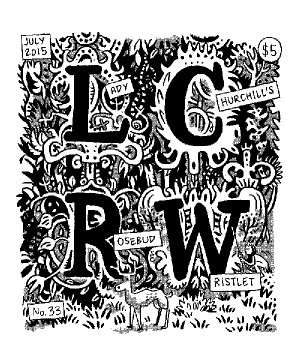
One LCRW theme issue, two Readercon panels and a lot of hallway/bar/dealer’s room conversation (not to mention years of bumping around blindly alone in the dark), have only whetted my appetite for a much broader, sustained conversation about the promise and pitfalls of writing fiction in and about the anthropocene epoch. Don’t get me wrong—the panels were great (see previous post for titles/descriptions) and I even got to moderate one of them. But I confess I am not particularly good at steering discussion, especially not in person, in front of a crowd, with four smarter, more eloquent people all of whom have equally valid and quite distinct perspectives. And there just wasn’t enough time to cover it all. My fellow panelists laid out fascinating ideas, and I got a decent line in here and there, but we barely got into stuff I thought we could have spent a whole panel on, or two, or seven. And I had all these lovely panel notes I didn’t even get to!
One of my hall conversations afterward was with Emily Wagner, program chair, who I asked for more like that next year. “Propose panels,” she said, and I will. But I’m also going to do what I can to get people talking in the meantime.
To that end, I’ve convinced a few of the LCRW 33 contributors to field some questions about how they apply these ideas in their own work. I’ll be posting those interviews here over the next couple weeks, and doing a few interviews myself elsewhere (here’s one with the UK-based Nottingham Writers’ Society).
First, though, I thought I’d recap the Readercon discussion for those who missed it (insofar as I remember it), share some of those notes I haven’t yet managed to get the good out of, and lay out the directions in which I think this conversation needs to go.

